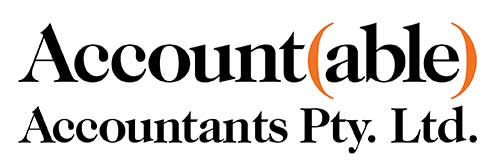ATO steps up data-matching to snare late super payments

Be careful – STP 2 and more sophisticated software enables the Australia Tax Office to monitor payments, month by month, & quarter by quarter.
The ATO has now begun proactive action against employers who fail to pay super guarantee (SG) payments on time or lodge super guarantee charge statements as it ramps up data-matching in the wake of STP 2.
The ATO has now confirmed that it is undertaking more audit activity over SG payments and reminding businesses to pay SG and lodge their super guarantee charge statement to tighter timeframes.
Through the introduction of STP, the ATO now have the detail to drill down and work out during the year what quarters employers have been late paying their super and not lodging their super guarantee charge statements.
The ATO recently warned it would expand its use of information reported through STP by employers and data from super funds and improve its detection of when employers got off track with super payments.
With the expanded use of STP to create a view of employees’ superannuation guarantee data provided by all super funds and employers are all in one place. The ATO now has the ability to be more proactive on employer non-compliance.
This change will definitely benefit all employees as it ensures employers are paying their employee’s SG contributions in full, on time and to the right fund.
One potential benefit of the expanded data matching program is to minimise the super guarantee charge as late payments would not accumulate for as long.
Many cases late payments are being driven by a lack of misunderstanding around the rules and nuances with the timing of payments.
For example, often there’s a misunderstanding that employers think that the time the payment hits the clearing house is the time the contribution is made. However, that’s only the case for the ATO’s small business clearing house.
So, sometimes employers can contribute to the clearing house and think that they’ve met their obligations, only to find out that they haven’t because effectively the fund hasn’t allocated that money within the time frame.
Super obligations are confusing at the best of times. Need help, please ask one of our accountants today.
